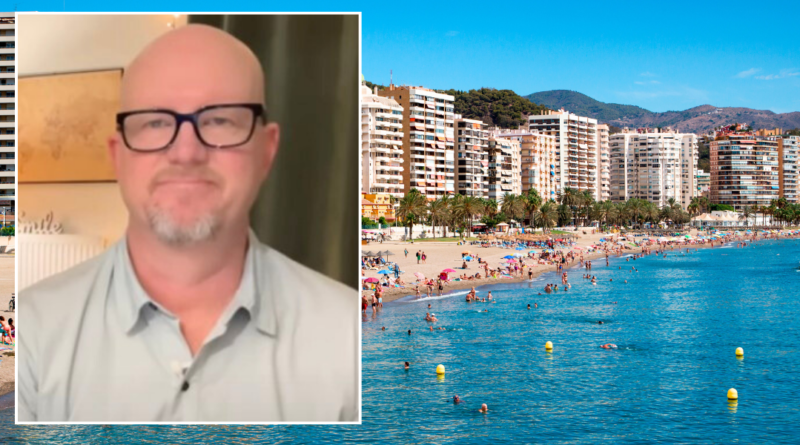'We were shocked!' Expats share the biggest cons of living in the 'best city' in Spain
Expats often flock to Spain for a sunny holiday or even as a place to start a new life. It is the most popular place in Europe for expats.
Malaga in Spain was voted as the best place for expats to live according to a study by Internations, but some visitors were unsure and claimed the weather and internet were reasons why they wouldn’t live there.
The Spanish city ranked well in categories such as friendliness towards foreign residents and it was found to offer a high quality of life.
Expats in Malaga shared the pros and cons of staying in the area and said life in Spain had many positives.
Expats shared their opinion of Malaga
However, they flagged some of the things that would put them off living there permanently, including the weather and the internet.
“It gets really hot in the summer. Ridiculously hot,” expats explained on their YouTube channel AmeliaAndJP.
“You are going to need air conditioning and hope it doesn’t break. I would not want to be there in the summer.”
While hot weather is expected in Spain, temperatures of “up to 38°C” in summer are extreme and uncomfortable for many people.
This is something to consider before moving to the country for good, the expats warned.
They also said it was difficult to stay connected or work from home due to poor internet in accommodations and even in co-working spaces.
“The internet is really slow. We’ve been really shocked [in Spain] at how slow the internet is,” the couple added.
The expats are not the only people to share their experiences when moving abroad. Another man who moved to Spain detailed his experience.
The expats warned of the hot temperatures
He claimed “Spain is rapidly changing” as one aspect of Spanish culture seems to be disappearing.
The expat said there are 10 percent fewer traditional bars than there were 10 years ago, despite the number of restaurants in Spain rising.
He said tapas is the “lifeblood of Spanish communities – or what traditionally was the lifeblood of Spanish communities”, but claimed it is becoming more difficult to come across.




